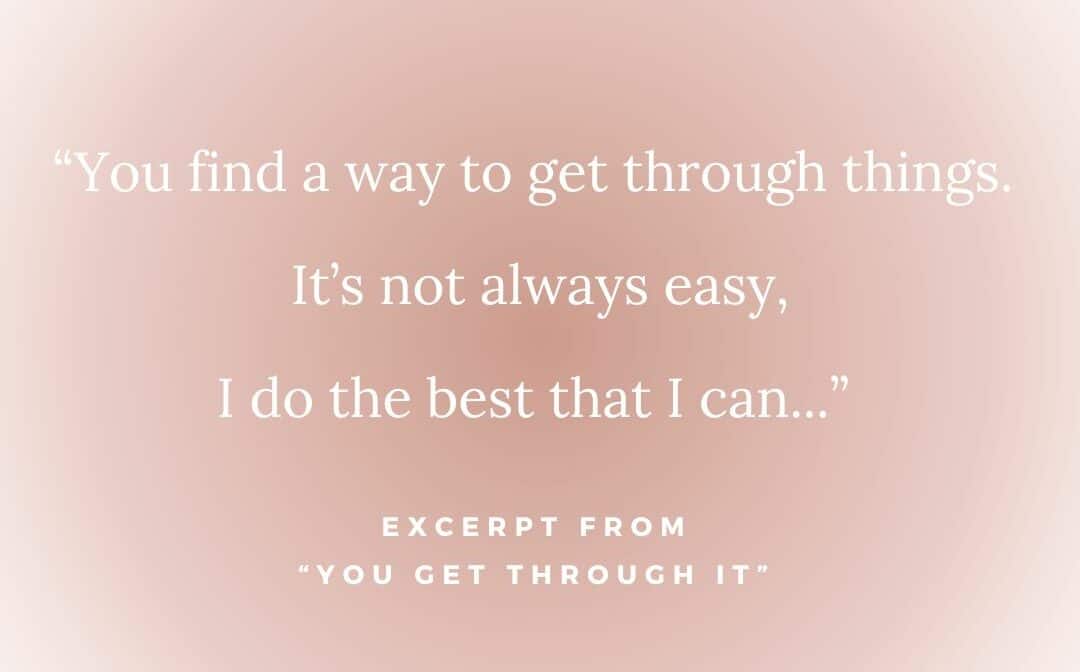
By Meghan McCarthy
When Brianna Morgan, PhD, CRNP, began interviewing persons with mild cognitive impairment (MCI) and their care partners, she was met with vulnerability, honesty, and beauty in their reflections.
At the time, Dr. Morgan was collecting data for her PhD thesis, which explores the experiences of inner strength in persons newly diagnosed with MCI. Inner strength describes an individual’s ability to process and move through challenging circumstances.
To study this, she conducted interviews with nine pairs of people newly diagnosed with MCI and their care partners both together and individually to better understand their definitions of inner strength and experiences after an MCI diagnosis.
“I used a realist methodology, which assumes that everybody’s truth is their own. It’s influenced by their own experiences,” said Dr. Morgan. “From the very beginning, I allowed persons to define their own inner strength.”
While quantitative research methods involve concrete measurements of data collection, Dr. Morgan faced a unique challenge: how to assess these interviews.
So, she turned their words into poetry.
You Get Through It You find a way to get through things. It's not always easy, I do the best that I can Try to accept as things are Look on the bright side Listen to people Give myself some room Start over and try again But, You get through it, You get through it.
I’m Still Me I was born in July We got married We had children We moved I worked on and off all those years Retired Volunteered, We are still doing that. I'm a mother I'm a grandmother I've been with my husband since we were thirteen. I don't think I've changed that much, I'm still me.
Dr. Morgan coded transcripts of the conversations to identify central patterns, or themes, across the data. She would then compose a poem that reflected the themes using quotes from interviews either directly as spoken or slightly reorganized to convey the themes.
This process is known as poetic analysis.
“In pulling quotes together, I think about what story it tells and what’s happening in this theme,” said Dr. Morgan. “For patients with MCI, long narratives can be challenging. But there is still so much meaning in these smaller chunks of quotes.”
Dr. Morgan found consistent themes across the interviews, such as newly formed identities after diagnosis, categories of inner strengths, and fears of not being a good enough care partner.
A Care Partner's Prayer I am more worried about the future. I’m not the best person for this. I’m so afraid of getting impatient. I get frustrated When I say things three times, See[ing] her struggle, Not knowing what the future holds. If I become just the care partner, It’s gonna look very different than it ever has. And that won’t be very good for it, But it might be the price. It might be the price of safety and caring. Please give me the compassion And strength, The patience, And the kindness To support him as much as he needs.
A Magic Wand Right at the start, We just need to overall be more proactive, Friendly pressure. What should [a plan] actually look like for him as an individual? You need somebody to sit and look at the whole picture who understands everything. Assess strengths and weaknesses. Where do you need support? How could you leverage the strengths? You gotta go where you're gonna get the right people. Easier access to mental health experts to Help us reorient on what the needs [and goals] are. You have to really take some time to sort through [it].
After defending her thesis, she wanted to leave a lasting impact in honoring these reflections.
“Participants spent so much time doing this work. It’s their words, and the poems felt like a good way to give back to them in a meaningful way,” said Morgan.
Ultimately, she compiled the poems into a short collection entitled “Poems of Inner Strength.”
This small book was printed and mailed to each pair of persons with MCI and their care partner.
While not formally published, the collection reflects the authentic experiences of persons living MCI. PMC is privileged to share this collection, with hopes that the reflections can be validating, meaningful, or enlightening.